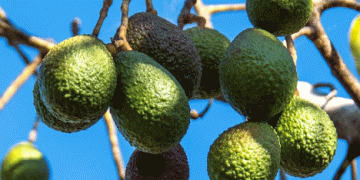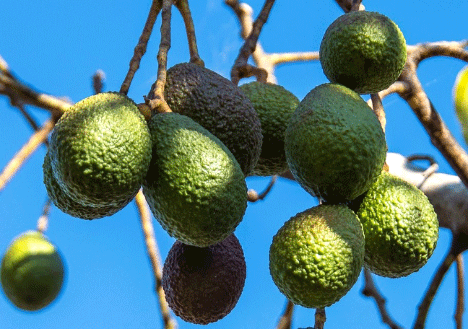The EU’s Adelante 2 Fund has launched an innovative project to foster sustainable avocado farming in Costa Rica and Colombia. Managed by the National Center for Biotechnological Innovations in Costa Rica, the project aims to improve soil health and reduce greenhouse gas emissions by promoting the use of bioinputs and minimizing agrochemical use. This initiative also explores the potential for technology transfer in sustainable agricultural production systems, positioning these countries at the forefront of eco-friendly avocado production.
Promoting Bioinputs for Healthier Soils
Bioinputs, such as biofertilizers and biopesticides, are gaining traction as sustainable alternatives to traditional agrochemicals. Research indicates that bioinputs can improve soil fertility, enhance plant growth, and reduce dependency on chemical fertilizers and pesticides. A recent study found that the use of biofertilizers can increase crop yields by 10-20% while improving soil organic matter and microbial activity . This project aims to provide avocado farmers with access to high-quality bioinputs, training them in their effective use to promote healthier soils and more robust crop production.
Reducing Agrochemical Dependence
Excessive use of agrochemicals has been linked to soil degradation, water pollution, and health risks for farm workers and consumers. By reducing agrochemical use, the project seeks to mitigate these negative impacts. Studies show that integrated pest management (IPM) and organic farming practices can significantly cut down the use of synthetic pesticides and fertilizers without compromising yield . The initiative will support farmers in transitioning to these sustainable practices, thereby fostering a more environmentally friendly avocado production system.
Lowering Greenhouse Gas Emissions
Agriculture is a significant contributor to greenhouse gas emissions, with conventional farming practices exacerbating the problem. Sustainable farming methods, such as those promoted in this project, can play a crucial role in climate change mitigation. According to research, practices like cover cropping, reduced tillage, and the use of organic amendments can sequester carbon in the soil and lower overall emissions . The project’s focus on bioinputs and reduced agrochemical use is expected to contribute to lower emissions, aligning with global efforts to combat climate change.































